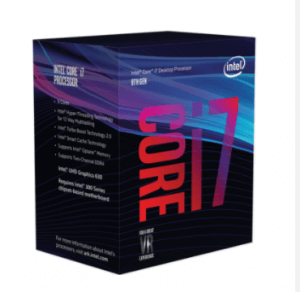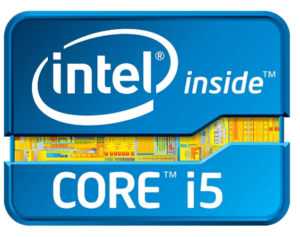As per researchers there is a memory leak bug affecting several generations of Intel Processors. While the bug is disclosed this week, number of exploits using the memory leak bug are unknown at this time. Microsoft & Several Linux vendors have rushed to release a windows update to mitigate memory leak.
Performance Impact
Part of the patch will cause 5-30% performance degradation of systems and can be noticeable in Server environment. Intel has confirmed this while suggesting this will eventually not be case.
AMD processors are also affected
Initial reports pointed finger on Intel as the only culprit, but Intel came with a press release suggesting the Kernel Memory leak bug affects several devices and processors and not unique to Intel.
You can read Intel’s full press release here –https://newsroom.intel.com/news/intel-responds-to-security-research-findings/
Intel Press Release
Intel and other technology companies have been made aware of new security research describing software analysis methods that, when used for malicious purposes, have the potential to improperly gather sensitive data from computing devices that are operating as designed. Intel believes these exploits do not have the potential to corrupt, modify or delete data.
Recent reports that these exploits are caused by a “bug” or a “flaw” and are unique to Intel products are incorrect. Based on the analysis to date, many types of computing devices — with many different vendors’ processors and operating systems — are susceptible to these exploits.
Intel is committed to product and customer security and is working closely with many other technology companies, including AMD, ARM Holdings and several operating system vendors, to develop an industry-wide approach to resolve this issue promptly and constructively. Intel has begun providing software and firmware updates to mitigate these exploits. Contrary to some reports, any performance impacts are workload-dependent, and, for the average computer user, should not be significant and will be mitigated over time.
Intel is committed to the industry best practice of responsible disclosure of potential security issues, which is why Intel and other vendors had planned to disclose this issue next week when more software and firmware updates will be available. However, Intel is making this statement today because of the current inaccurate media reports.
Check with your operating system vendor or system manufacturer and apply any available updates as soon as they are available. Following good security practices that protect against malware in general will also help protect against possible exploitation until updates can be applied.
Intel believes its products are the most secure in the world and that, with the support of its partners, the current solutions to this issue provide the best possible security for its customers.

